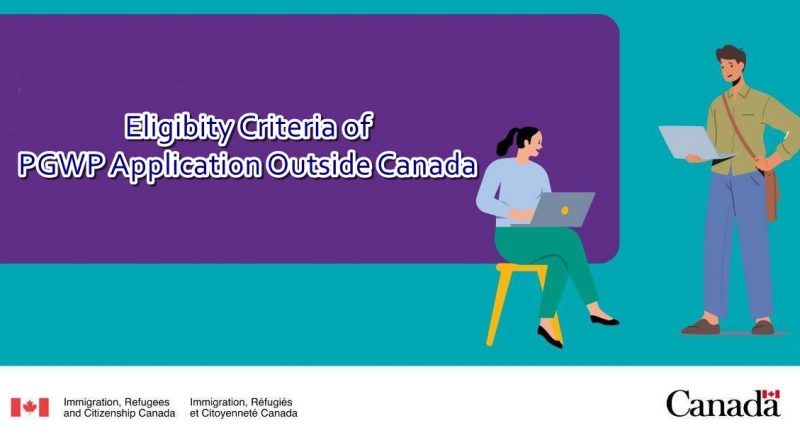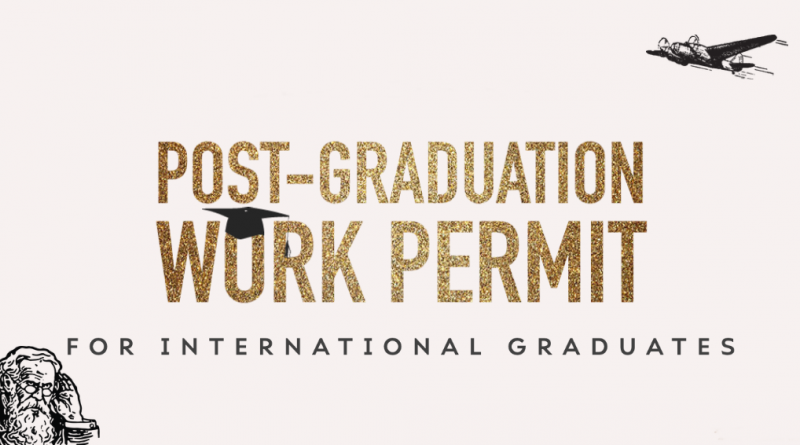You can apply for a PGWP from outside Canada as long as you’re eligible and you’ve been approved for a study permit. You don’t have to have held a valid study permit at any point during your online studies from outside Canada.
You have up to 180 days after you graduate to apply for a PGWP. When you apply, you must confirm the following:
that you attended and completed your program
the name of your program and
the length of your program
You can confirm these by submitting any of the following:
your degree or diploma
your transcript or
an official letter from your school
You can apply for a PGWP if you
were enrolled in a program that was in progress in March 2020 or
started or will start a program between spring 2020 and summer 2022 and
you have a study permit or
you’ve been approved for a study permit or
you applied for a study permit before starting your study program
Your study permit must eventually be approved.
and you
completed a study program
at a designated learning institution
that was at least 8 months long and
which led to a degree, diploma or certificate
maintained full-time status as a student during each semester of your study program
This doesn’t include your final semester, which can be part-time, or if you took an approved leave from your studies.
If you had to stop studying or change to part-time studies between March 2020 and the fall semester in 2020 because of reasons related to COVID-19, you may still be eligible for a PGWP.
graduated from one of the following:
a public post-secondary institution, such as a college, trade/technical institution, university or CEGEP (in Quebec)
a private post-secondary institution in Quebec that operates under the same rules as public institutions in Quebec
a private or public secondary or post-secondary institution (in Quebec) that offers qualifying programs of 900 hours or longer, that leads to a diploma of vocational studies (DVS), or an attestation of vocational specialization (AVS);
An AVS can be less than 900 hours if combined with a DVS.
a Canadian private institution that is authorized to award degrees under provincial law (for example, an Associate, Bachelor’s, Master’s or PhD degree), but only if you’re enrolled in a study program that leads to a degree as authorized by the province, which may not include all programs of study offered by the private institution.
Read More







